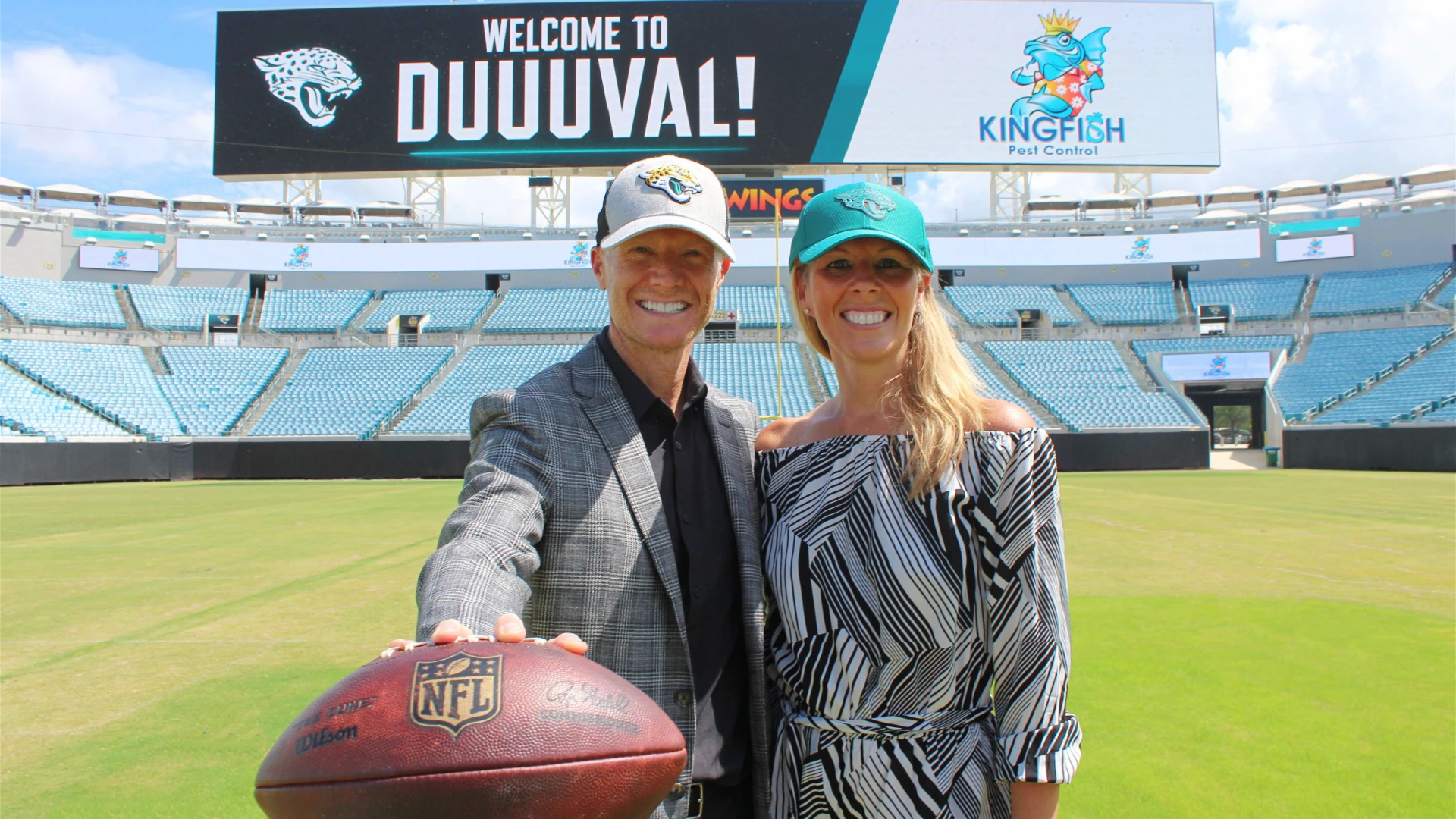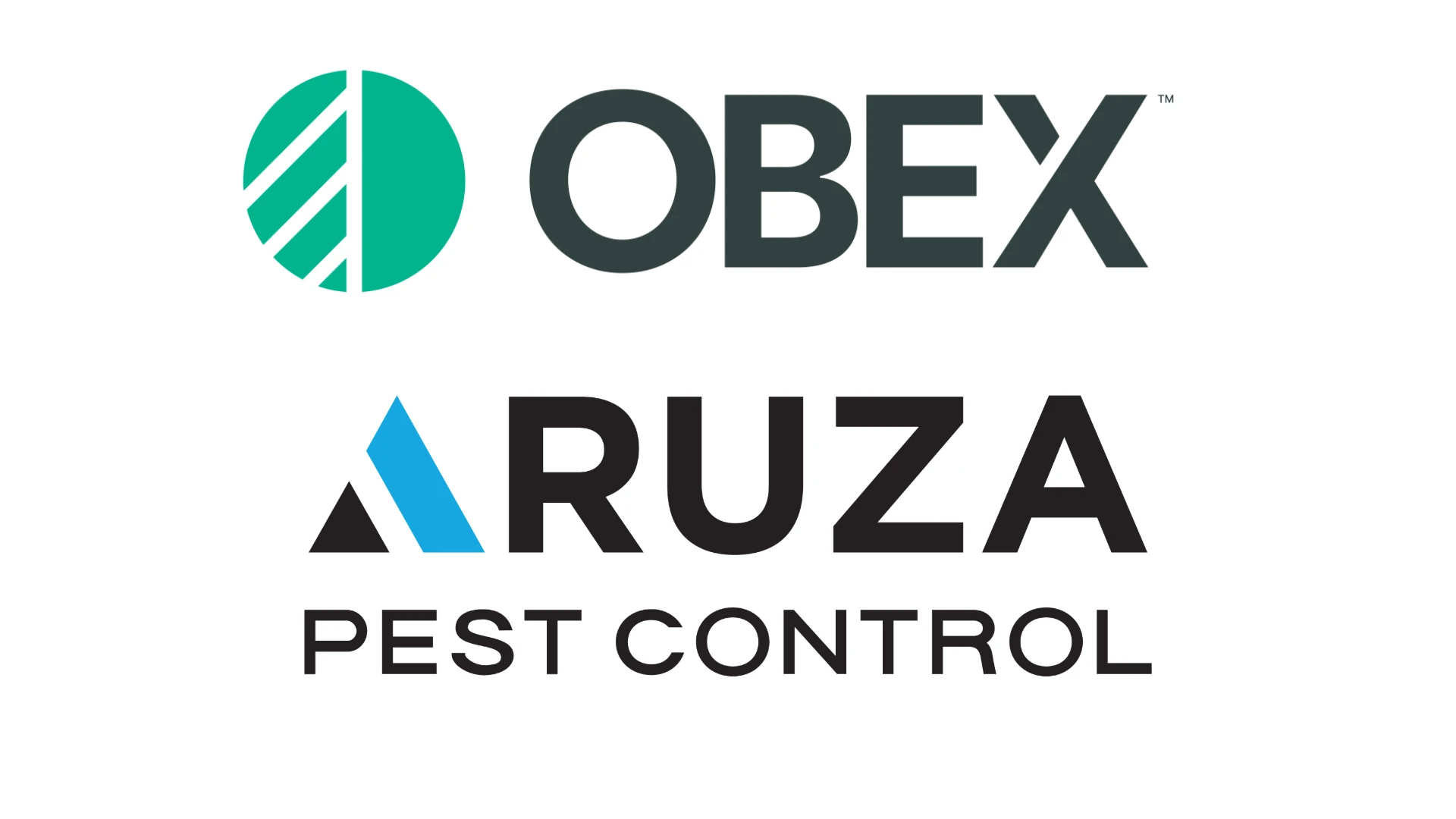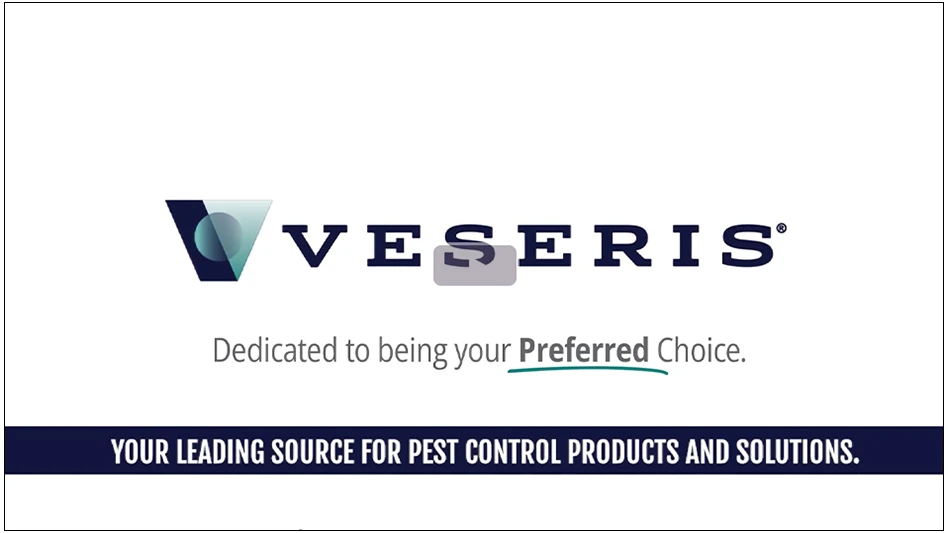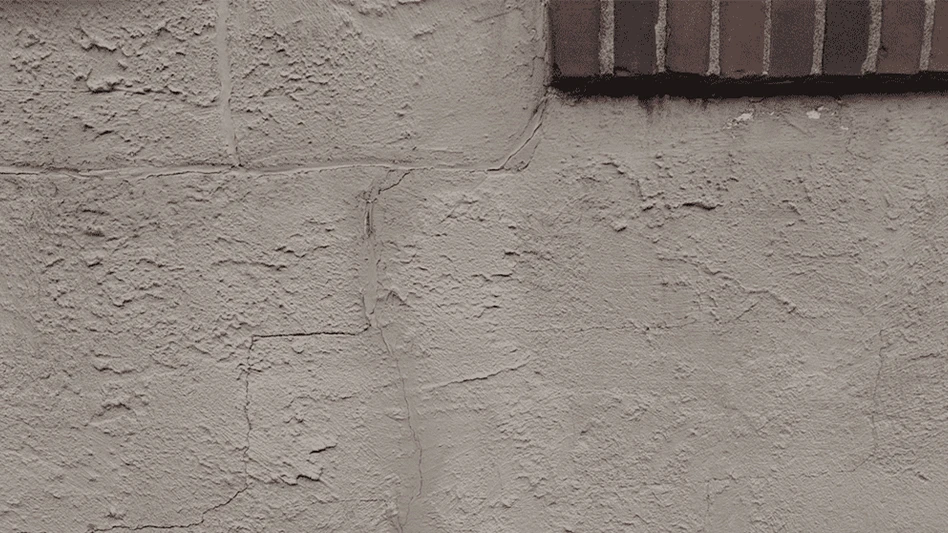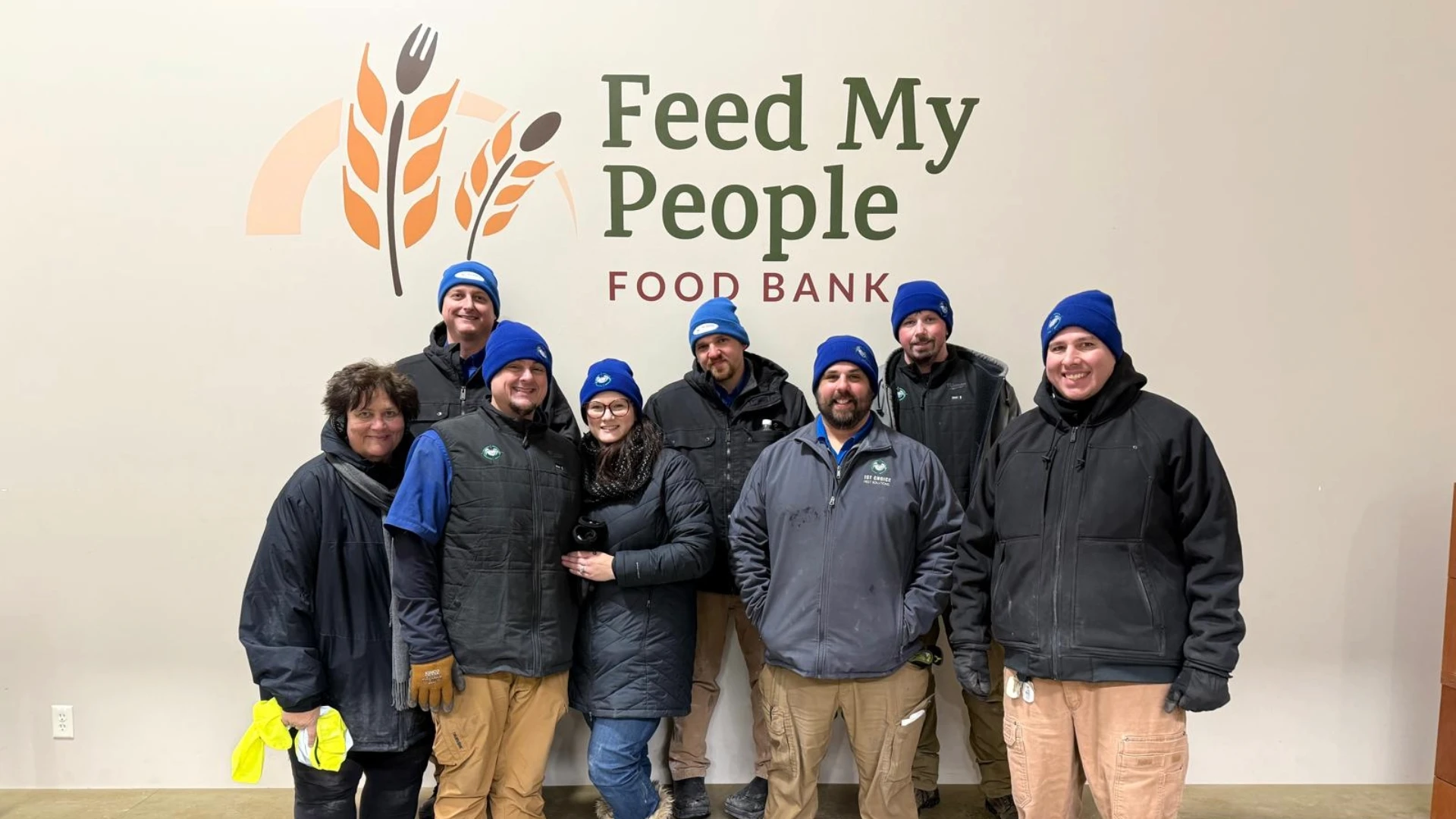When The Steritech Group opened its doors 20 years ago with a radical commitment to control pests without unnecessarily using pesticides, the industry and customers uttered a collective, "Huh?"
For years, competitors called The Steritech Group’s EcoSensitive Service light-handed. They claimed that Steritech’s system was less effective, watered-down, and not really going to solve any pest problem.
Turns out, the company was just ahead of the times.
"We were ‘green’ before green was cool," said Mark Jarvis, CEO of the Charlotte, N.C.-based firm, which services many high-profile national accounts such as Darden Restaurants, Four Seasons Hotels and pharmaceutical giant Genentech. "Twenty years ago, even if companies were talking about green, it was more talk than action."
Then, "green" wasn’t a selling point at all, and a may of Steritech’s clients didn’t tune in to the pitch either. "We certainly had customers who hired us because they were interested in our EcoSensitive System, but not every customer was like that," said Dr. Judy Black, Steritech’s technical director. "They hired us because we were effective and got rid of their problem."
Now the tables have turned, and clients choose Steritech because of the very service that competitors called "weak" years ago. Today’s consumers have wised up to green, embracing the idea of any earth-friendly product or service.
Further, green has become a mission for corporations that demand vendors that adhere to sustainability standards. Some clients will pay a premium for green services, and they seek out providers that commit to low-impact, environmentally respectful processes.
Finally, Steritech’s day has come.
"It takes a lot of conviction in what you are doing to stay the course," Jarvis said of the last two decades the company has spent educating clients and industry peers.
"Consumers today are more informed than ever before, and they have better access to information," Jarvis continued. "They are typically more paranoid about health, safety and cleanliness — public health issues that are highly publicized in the media. All of this provides a very good backdrop for a firm like ours to market the type of program we sell."
However, consumer interest is not the reason that Steritech promotes its seven-step EcoSensitive System. Demand did not spark the company’s concentration on "intelligent" pest prevention without overusing pesticides. Thinking green has been the company’s focus since its inception. And now others are starting to warm up to the idea, too.
BETTER "THE HARD WAY." In many ways, Steritech’s EcoSensitive System is a souped up form of Integrated Pest Management (IPM). The difference is in the details.
The EcoSensitive System involves seven steps: 1) inspection and identification; 2) physical removal; 3) EcoSensitive applications; 4) monitoring; 5) structural repair; 6) prevention; and 7) follow-up.
Steritech leaves little guesswork in its process — there’s more "wiggle room" in IPM, Black maintained. "Rather than broadly stating we’ll use non-chemical methods, we specify that we will do structural repairs and physical removal; we specify the prevention aspect of the service," Black said.
"[Our system] is certainly IPM because you are integrating multiple methods," Black continued. "But I think we give a lot more detail and definition about what it means to use the least impactful materials and lowest-impact methods. We make careful decisions about what pesticides to use, the way we apply those and what equipment we use to make applications."
In addition, the EcoSensitive System requires complete customer buy-in because, as Jarvis said, "At the end of the day, it’s a more complicated way of solving the problem."
That’s because rather than dousing a commercial kitchen with liquid residuals or blasting broadcast sprays after business hours, the EcoSensitive System calls for changing habits and making structural repairs. There’s client responsibility involved, and that demands time and resources. And commitment.
But Steritech’s requests are never out-of-bounds.
"It’s not like we are making clients do things that aren’t considered best practices in the industry," Jarvis remarked. For instance, a good restaurant manager would never allow standing pools of water and debris to collect.
Because of the guidance Steritech provides clients, the company’s relationship with some accounts is largely consultative. For instance, at Genentech, employees are trained to understand how to keep pests from getting into the facility. The company has invested in features such as positive air pressure by entrances to prevent pests from visiting. "They really lean on us for our technical expertise and are receptive to our input," Jarvis said.
The EcoSensitive System involves an equal amount of hands-on investigation, targeted treatment and monitoring by Steritech specialists. So the process is truly collaborative and, as Jarvis said, "intelligent" vs. reactionary. This also saves a lot of product. Jarvis compared the number of gallons of liquid residual Steritech would use annually at an account with the EcoSensitive System against one in which it was not in place. Using the "old-school, traditional" approach, 353,000 more gallons of product would have been applied at the site, he said.
Over time, offering EcoSensitive applications is easier with the evolution of friendlier pest control products. Black noted rodent-proofing processes that have come a long way in the last 15 years. And since gel cockroach bait was introduced in the mid-1990s, Steritech began experimenting with drastically reduced rates of liquid and aerosol residual pesticides. "That was really the advent of calling [our applications] EcoSensitive," Black said. "Before, we might have just called them ‘pesticide applications.’"
Meanwhile, Steritech’s technical experts are constantly working to develop systems and examine chemicals that surpass current EcoSensitive standards. "Everything we use needs to be effective — that’s a given," Black said. "But we’re always searching for different products and active ingredients that will have less impact on the environment, our team and our clients."
CONTROLLING QUALITY. When Steritech hires specialists, the company looks for candidates who are detail-oriented and "steady" — driven to follow protocol. A personality profile test unveils these traits. "I always tell people, ‘It’s not an exam, it’s an assessment of whether you’d be happy here or not,’" Black said.
New hires may not have pest control experience, and that’s okay, because even those with decorated resumes begin training at the ground level. "We assume our service specialists don’t know anything," Black said, noting that a structured series of training prepares specialists to deliver on Steritech’s eco-friendly promises.
Employees begin in a central classroom environment, learning sales and company processes. They return to the branch for field experience with a certified trainer. Then it’s back to the classroom for follow-up training. After 90 to 120 days on the job (including the six weeks of training), employees meet at company headquarters for another review session. "We feel like bringing them back in fairly early on in their length of service with us re-emphasizes the most important points," Black said.
Controlling human error is no simple task, but it’s critical to maintaining quality control on the job. So is the hand-held technology Steritech uses to manage consistency. Service specialists travel to accounts with this technology and once on site, they instantly know from the smart computers what mission must be accomplished, and how.
"The hand-held computer units allow us to put the protocol for a particular account right in front of our service specialists," Black said.
For instance, specialists know from the hand-held what products they can or cannot use on a site. "That really helps us comply with client requests and approved product lists," Black said.
Everything about an account is tracked on these hand-helds: pest activity, structural repair actions, products used, problem areas, etc. Mistakes are red-flagged as well. "If a specialist is using a product we don’t deem necessary under a certain condition, we can take action on that because we have a dashboard that tells us a specialist is off-protocol," Jarvis said.
The expression Steritech adheres to is "on brand," meaning employees who consistently deliver on brand promises. View the home page of Steritech’s Web site and you’ll see the tagline, Specialized Brand Protection Services. The company is keenly aware that its pest control services do more than get rid of nasty bugs. The system ultimately protects a company’s identity and prevents pests from spoiling its image.
Accomplishing this, and doing so in an eco-friendly manner, takes a completely different business approach than most pest control businesses are used to. "The whole picture of our service model is different — it’s longer, more intensive, more detailed, and there’s close partnering," Jarvis said.
TARGETING CONSCIENTIOUS CLIENTS. Steritech positions itself to partner with national companies that want to do the right thing, Jarvis said. "Not everyone is a potential customer for us," he added. But some big names are buying into the Steritech model, such as Whole Foods, Wal-Mart, Ruby Tuesday’s, Bob Evans Restaurants and Loblaws Supermarkets in Canada.
"They are looking at pest control in a more sophisticated way and are willing to make a marginal investment now," Jarvis said. Steritech seeks out companies like this that wish to protect their brands, focus on health and safety and emphasize corporate responsibility and sustainability.
Jarvis targets decision-makers of these companies, delivering presentations that highlight Steritech’s long-running EcoSensitive System. With 20 years of experience delivering "green" services, the company can sell its experience in a field that’s quite new to many pest management professionals, he said.
That’s why Jarvis said that Steritech really has no direct competition today. "The reality is, [the eco-sensitive service] is not easy to do," he said. "It requires good protocols and policies. You need great specialists who are well-trained and closely supervised. There is a heavy lift — getting it done and done right is not easy.
"That is our competitive advantage," Jarvis said.
The author is a freelance writer based in Bay Village, Ohio. Send her an e-mail at khampshire@giemedia.com.

Explore the October 2010 Issue
Check out more from this issue and find your next story to read.
Latest from Pest Control Technology
- Veseris Expands in Turf & Ornamental and Pool Supply with Acquisition
- Pest Authority, Mosquito Authority Celebrate All-Star Franchisees
- Ka Tsu Joins Avoca.ai
- Envu's Suite of Pest Management Solutions
- In Memoriam: Tom Moore
- 2024 Crown Leadership Award Winner Kathy Heinsohn
- OPMA Shares Officer Inductions, PWIPM Chapter Updates from Winter Meeting
- Inside Out

